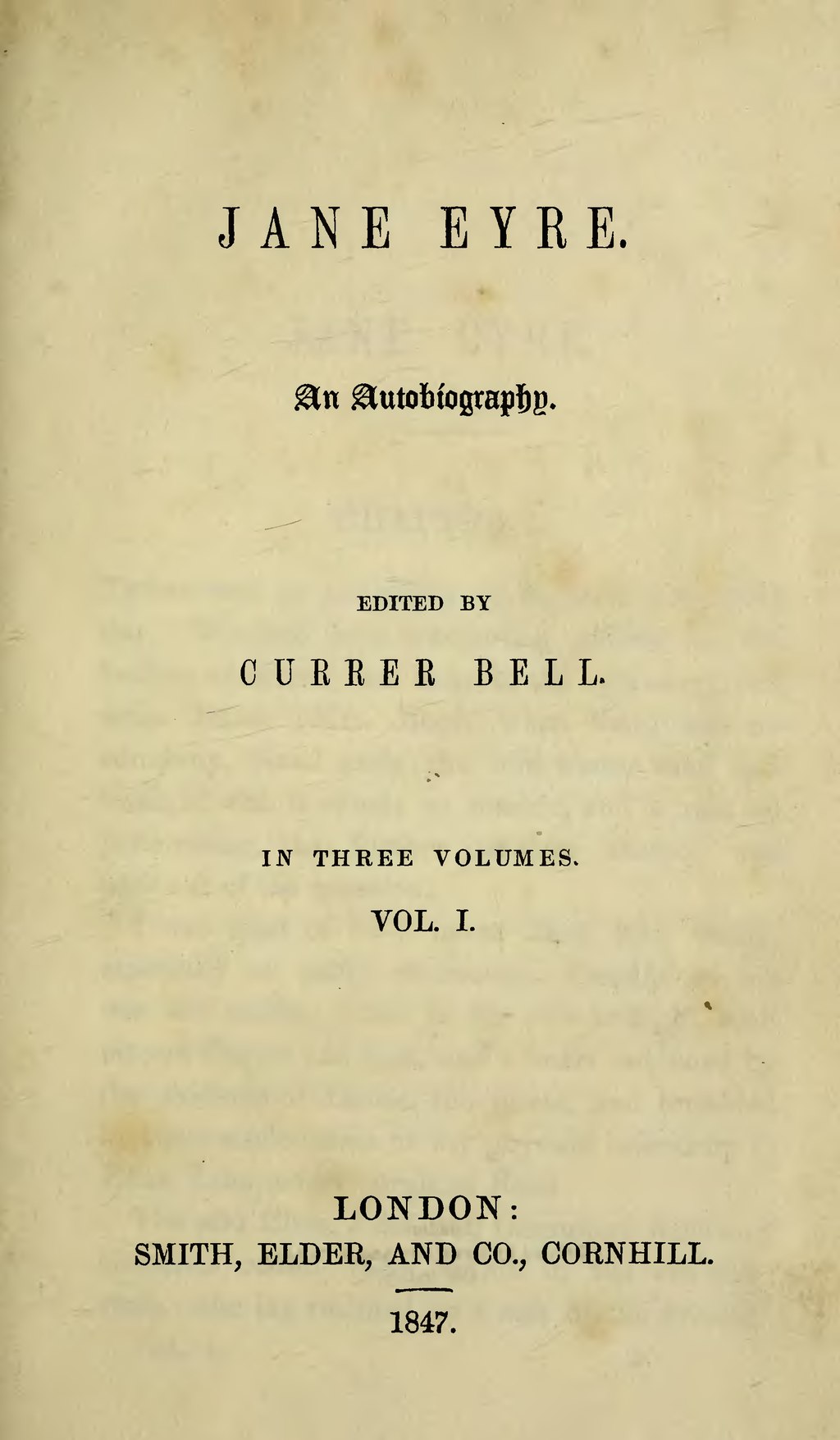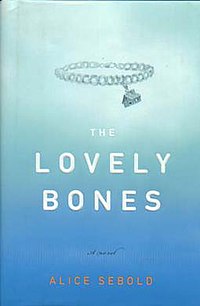This delightful quote is attributed to R.D. Cummings.
Another of my favorites:
"
The worth of a book is to be measured by what you can carry away from it." ~James Bryce
I now find myself with time to recap my reading exploits from the past year or so, not so much because I think people read them (because blogs are so 2000s the only people who seem to frequent them are spambots and declasse salesmen) but that I might create a catalog of reading material to revisit later. The first few are from the BBC's list of 100 Greatest Books and the later ones are my personal forte, investigative journalism.
Michelle's Reading List 2011
(Part 1):
Catch-22 by: Joseph Heller

This book thoroughly captivated and fascinated me, both with a superb and sobering plot and vivid and intelligent vocabulary. Word choice more than once brought a smile to my face and Mr. Heller taught me my current favorite word: infundibuliform (funnel-shaped.) His superior knowledge and application of the English language gave me faith in humanity and repleted the book with sophistication. However, the story itself was nothing short of an epic. Based during World War II, Catch-22 loosely follows Yossarian, a dissatisfied soldier with endlessly-increasing mission assignments. However, the story is told by all the characters and about all the characters. Heller peppers his entire story with catch-22s, adding a certain richness to the plot. The story is long; Heller is in no hurry to further his plot but instead relishes to stock it with descriptions, narrative, and witty and absurd banter. More than once I found myself laughing at the utter ridiculous absurdity of situations within his book which not only increased my admiration of the author but also gave a serious topic a backhanded humor. I highly, highly recommend this book. It is one of the best books I've ever read.
Persuasion by: Jane Austen

I am no stranger to Austen having greedily devoured Pride & Prejudice, P&P&Zombies, Sense & Sensibility and S&S&Sea Monsters. So since Persuasion (as well as 3 other Austens; I believe she ranked 3rd highest book count from a single author behind Shakespeare and Dickens) appeared on the list, I dutifully began it as well. Having come from Austen's two arguably greatest masterpieces, I had rather high expectations. While Persuasion does not equal P&P or S&S in literary excellence, I do recommend the book highly. Austen paints an all too familiar yet tantalizingly fresh dilemma of a beautiful, young woman tangled in a romance with an eligible, handsome gentleman. She throws in financial misfortune, additional females vying for the prize, geographical limitations, disapproving family members, unexpected tragedy, and finally, the climax of madly professed love and the resolution of living happily ever after. While Persuasion is distinctly Austen and thus a cut above other romance, I would have preferred a bit more romance and less of Austen drawing the reader along. She narrows the romance scope to only one main couple where both P&P and S&S had two and also writes a much, much shorter climax and resolution. She draws her reader along for so long and then, so suddenly, it's all over. I had to re-read the end twice because her story resolves itself so suddenly after so many twists and turns and elongation that it didn't fully register the first time around. However, all in all, Persuasion is an excellent book, a fine example of Austen, and a timeless romance.
 Animal Farm
Animal Farmby: George Orwell
I managed to escape reading Animal Farm during High School so I appreciated this opportunity to supplement my literary breadth. However, I was unprepared for how eerie and chilling the story would be. Orwell is a phenomenal storyteller, drawing the reader in slowly, like the unsuspecting animals, so that the reader, like the animals, hardly realizes when Animal Farm first crosses a moral boundary. Although a quick read, (I finished the book in 1.5 hours) Orwell relays an ocean of caution and warning. This is a book I would highly recommend everyone read (an opinion backed up by the majority of high school English teachers) because his cautionary tale is timeless and will never be rendered obsolete.
Note: 1984 is also on the BBC's 100 list. However, I have yet to read thus review it.
 Alice in Wonderland
Alice in Wonderlandby: Lewis Carroll
Alice in Wonderland, along with Through the Looking Glass, had both managed to elude my childhood bedtime stories so unfortunately I saw the Disney movie before I read the books. My strongest memory of both, particularly the former, was a strengthening belief that Mr. Carroll must have been on LSD while writing his books. While I enjoyed his colorful scenes and characters, the entire story read something very much like an acid trip or LSD high. The story lacked cohesion, which is explainable due to the fact it is all a dream, but at the same time I struggled to follow the progression and development. Maybe I expected too much out of a child's story, but at any rate I spent a good deal of my time reading hoping that the story would make more sense. I would definitely recommend both books, as they are literary classics written by a very distinguished author but at the same time try to remember that the book is not a usual story, but child's dream which may or may not (but definitely was) the product of hard drugs.
 Atonement
Atonement by: Ian McEwan
In a world where the greatest most epic love stories were written hundreds of years ago, graced by such names as Romeo & Juliet and Pride & Prejudice, 20th century author
Ian McEwan has given the world a new epic love story. Atonement's greatness comes from its simplicity: it is beautiful and heartbreaking. But in order to become a viable counterpart to society's timeless classics, Atonement also brings a meticulously crafted twist to the timeless Boy Meets Girl; a lattice of misunderstanding and heartbreak woven between the lines of a pure, youthful love story. The story begins from the eyes of a little girl, Briony. An exuberant, naive aspiring writer, Briony one day sees an encounter between her sister and the gardener's son and rushes to conclusions which would carry devastating criminal repercussions. The story then abruptly shifts to the story of the gardener's son, Robbie, exactly in keeping with the reader's changing sympathies. The author paints the next few years through Robbie and Cecilia (Briony's sister), their lives, love, and stations in life. Robbie is sent to war and the book becomes a bond of love stretching across decades, oceans, enemy lines, and reality. Briony eventually enters the story again, and Mr. McEwan continues the narrative, finally coming to an end which leaves the reader perplexed yet with a sense of completion, almost as though just waking up from a dream. What makes this book great is that, above all, it is a
story. As the reader, I could very much picture myself sitting in the English country side by a lake with a cool breeze blowing hearing Briony and Robbie and Cecilia tell me their life. The meticulous touches, such as McEwan's superior command of the English language, careful attention to each detail of character and plot development, and unique approach cement his innovative and rich approach to young love as a masterpiece worthy of any reader's bookshelf. I loved this story.
 The Catcher in the Rye by J.D. Selinger
The Catcher in the Rye by J.D. Selinger The Catcher in the Rye was about as diametrically opposed to my preconceived assumption as possible. Within the first page my senses were assaulted. I expected refinement; I was met with vulgarity and coarse language. I expected finely crafted melodic sentences; I found short, choppy, painfully blunt scraps of dialog that were pushed together to create a scene. I expected
something about Rye; I was met with an American schoolboy. The Catcher in the Rye is a very upforward book. If you don't like the book, you'll know that in about half a page. The dialog is far beneath an of the other books in this list, and the story centers around the exploits of a suspended New York boarding schoolboy. I struggled with my expectations for the book, and even debated whether I would finish it, but a small thread kept me with it. The story is coarse and vulgar and seemingly plotless for about the first two-thirds, but when I considered the main character, I realized it had to be. The book is authentic: Selinger writes as though he is his character, which is why the book feels so low and unrefined. But Selinger's literary prowess is present, in such subtle ways I was only aware of it upon my completion and subsequent reflection. He allows the reader to think the book is trash, but all the while he is completely in control and developing all the literary basics needed in any good book. By the end, I found I had actually enjoyed the book, feeling both that I had lived the life of a delinquent teen boy, but also that I had read the work of a great author.
 Jane Eyre by Charlotte Bronte
Jane Eyre by Charlotte BronteYou have probably realized by now I inordinately prefer romantic novels. This is both because I am a girl and because the BBC's list is heavily weighted with romances. At any rate, Jane Eyre has become perhaps my all-time favorite love story. The story captivated me from the beginning. Jane grows up in an abusive, oppressive, stark, and unloving childhood. Though this upbringing sounds depressing and horrible, Jane maintains herself through a quiet strength of character, a trait, I feel, we as a society largely undervalue. The story then jumps to her first position as a tutor to the ward of a man who can only be described as exceptional. Their romance at first is so veiled the reader is hardly conscious of it, yet bit by bit it becomes more apparent until the reader is tantalized and cannot bear the thought of anything else until suddenly it is gone. At Jane's departure I had become so absorbed by the story that I read for 6 1/2 straight hours until I had finished the book. The true strength of this story lies in the unresolved conflict which persists for over half the book. Bronte does a masterful job of abruptly breaking off a blossoming romance, leaving the reader ambushed and affronted, then gradually wins the reader back over through Jane's trials, all the while sewing tiny seeds which prick and continue the reader's interest in the underlying conflict. The reader is allowed to find some solace in Jane's new life, even becoming mildly interested in her friends, yet when their older brother becomes too much a fixture of Jane's life the warning bells begin to sound again. Bronte expertly strings the reader along, toying with various deviations and detours, promising nothing, but knowing all the while that eventually she would bring Jane back to confront love. The resolution which Bronte allows would let any other story down as being less than "picture-perfect" but because Jane is such an unusual character Bronte's ending is perhaps the best complement to Jane possible.
Note: I haven't seen any of the Jane Eyre movies, but I cannot think of a better actress to portray her than Mia Wasikowska, who appears in the 2011 version. Definitely on my list of movies to watch.
 The Kite Runner
The Kite Runner  The Lovely Bones
The Lovely Bones Emma by: Jane Austen
Emma by: Jane Austen






